Cardiovascular health remains a critical concern worldwide, with fresh insights emerging on the management of heart conditions. Recent studies presented at the American Heart Association (AHA) Scientific Sessions shed light on some crucial developments. From the questionable benefits of blood-thinning medications in younger patients with atrial fibrillation (Afib) to the promise of reconditioned pacemakers and stricter blood pressure control for diabetes patients, the findings challenge existing paradigms and offer innovative solutions. This article delves into these revelations, offering a comprehensive understanding of their impact on global healthcare.
Anticoagulants, or blood-thinning medications, are commonly prescribed for patients with atrial fibrillation, a heart rhythm disorder linked to an increased risk of stroke. However, a Canadian study involving 1,235 adults under 65 has questioned this practice for those without other risk factors for stroke.
The trial compared the effects of rivaroxaban, a popular anticoagulant, with a placebo. Contrary to expectations, the drug did not reduce risks of stroke, transient ischemic attacks (TIAs), or cognitive decline in this group. In fact, annual rates of these conditions were nearly identical between the two groups.
Over prescription of anticoagulants in younger, otherwise healthy Afib patients raises concerns about unnecessary medication. This study reaffirms that such individuals have a naturally low stroke risk and are unlikely to benefit from blood thinners. Dr. Lena Rivard of Université de Montréal emphasized the need to align treatments with actual risk levels, urging practitioners to focus on older patients with clear indications for anticoagulation therapy.
In a groundbreaking development, researchers found that previously used pacemakers can offer a second chance at life for patients in low- and middle-income countries. The devices, reconditioned and sterilized for reuse, proved just as effective as new ones in a study spanning seven countries.
Key Findings
- Pacemakers with at least six years of battery life were harvested from deceased individuals or those undergoing device replacement surgeries.
- Among nearly 300 patients, no device malfunctions were reported, and infection rates were comparable between those with new and reconditioned devices.
- Although three deaths occurred in the reconditioned device group, they were unrelated to the implantation process.
Access to pacemakers remains a luxury in many parts of the world. In wealthier nations, thousands per million receive these life-saving devices annually, while in poorer regions, the figure drops to just a handful. This initiative could bridge that gap, offering hope to countless patients who would otherwise go untreated.
For patients with type 2 diabetes and hypertension, stricter control of systolic blood pressure has emerged as a key strategy to prevent major cardiovascular events. A Chinese study involving nearly 13,000 participants compared two approaches: maintaining systolic pressure below 120 mm Hg versus the standard 140 mm Hg.
Significant Outcomes
- The intensive group saw a 21% reduction in risks of stroke, heart attack, heart failure, and cardiovascular death.
- However, this approach also led to more frequent non-serious symptoms, such as dizziness and fatigue, due to low blood pressure.
These findings underline the importance of personalized care. While stricter targets may not suit every patient, particularly those prone to side effects, they offer a powerful tool for those at high risk of cardiovascular complications. However, the study’s reliance on self-reported blood pressure data and its focus on a single ethnic group highlight the need for further research.
The studies discussed reflect a larger trend in global healthcare: moving away from one-size-fits-all solutions and embracing strategies tailored to individual needs and resource constraints. Whether it’s questioning the widespread use of anticoagulants, repurposing medical devices, or adopting aggressive blood pressure targets, these insights push us toward more thoughtful, data-driven care.
Key Takeaways for Patients and Practitioners
1. Personalized Treatment Plans: Younger Afib patients without stroke risk factors may not need anticoagulants, highlighting the need for personalized medical advice.
2. Expanding Access: Reconditioned pacemakers present an affordable and effective alternative for underserved populations.
3. Aggressive Risk Management: For diabetic patients, stricter blood pressure control could significantly lower cardiovascular risks, albeit with some trade-offs.
While these findings are promising, they also raise important questions:
- How can healthcare systems ensure equitable access to innovations like reconditioned pacemakers?
- What safeguards are needed to prevent over- or under-treatment in conditions like Afib?
- How do we balance the benefits of aggressive interventions with their potential side effects?
Addressing these challenges requires collaboration between researchers, policymakers, and practitioners. Moreover, patient education will play a crucial role in ensuring informed decision-making.
These studies highlight the disparities in global healthcare and the urgent need to bridge them. Innovations like reconditioned pacemakers show how resourceful solutions can save lives in low-income settings. Meanwhile, data-driven insights into conditions like Afib and diabetes remind us that even in wealthier nations, there’s room for improvement in how care is delivered.
The revelations from the AHA Scientific Sessions challenge us to rethink our assumptions about heart health and treatment strategies. Whether it’s the unnecessary use of anticoagulants, the untapped potential of reconditioned pacemakers, or the benefits of stricter blood pressure targets, these insights lead the way for a more nuanced approach to care.
As global healthcare continues to evolve, the ultimate goal remains clear: to provide smarter, fairer, and more effective solutions that improve lives across all demographics and geographies. By embracing these lessons, we take a significant step toward that vision.
Pic Credits: cardiovascularbusiness

 The revelations from the AHA Scientific Sessions challenge us to rethink our assumptions about heart health and treatment strategies
The revelations from the AHA Scientific Sessions challenge us to rethink our assumptions about heart health and treatment strategies






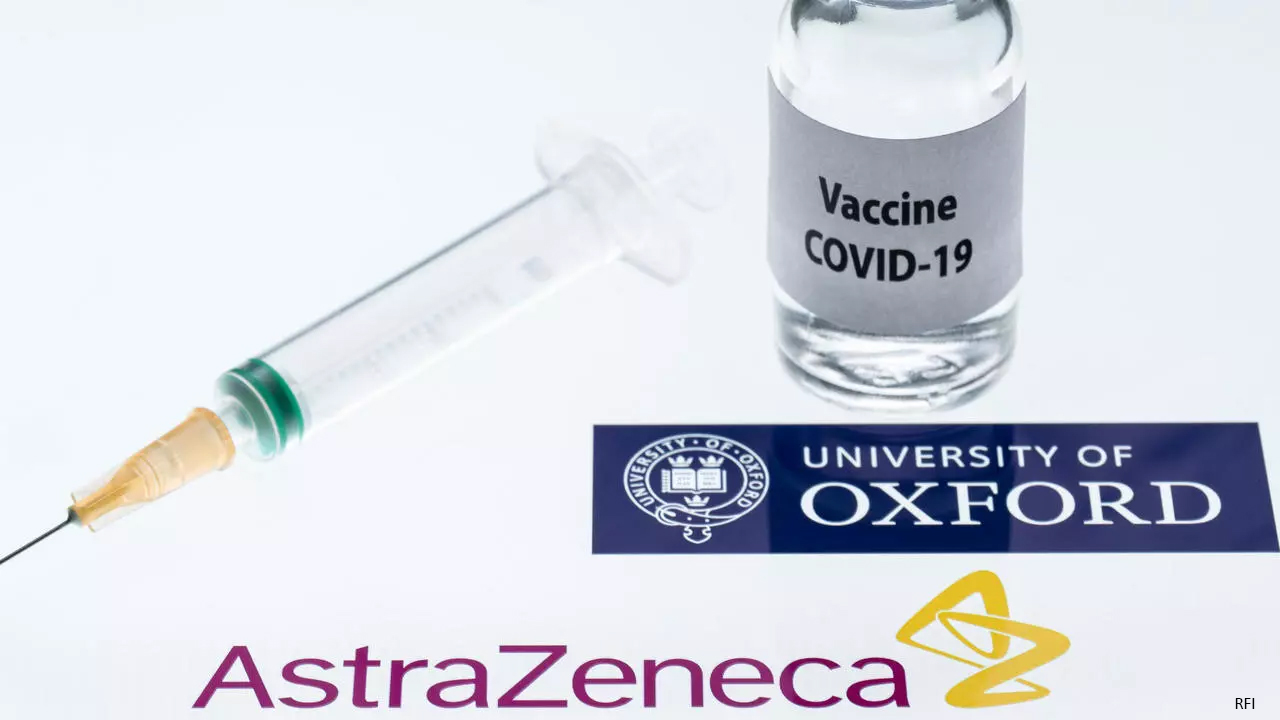
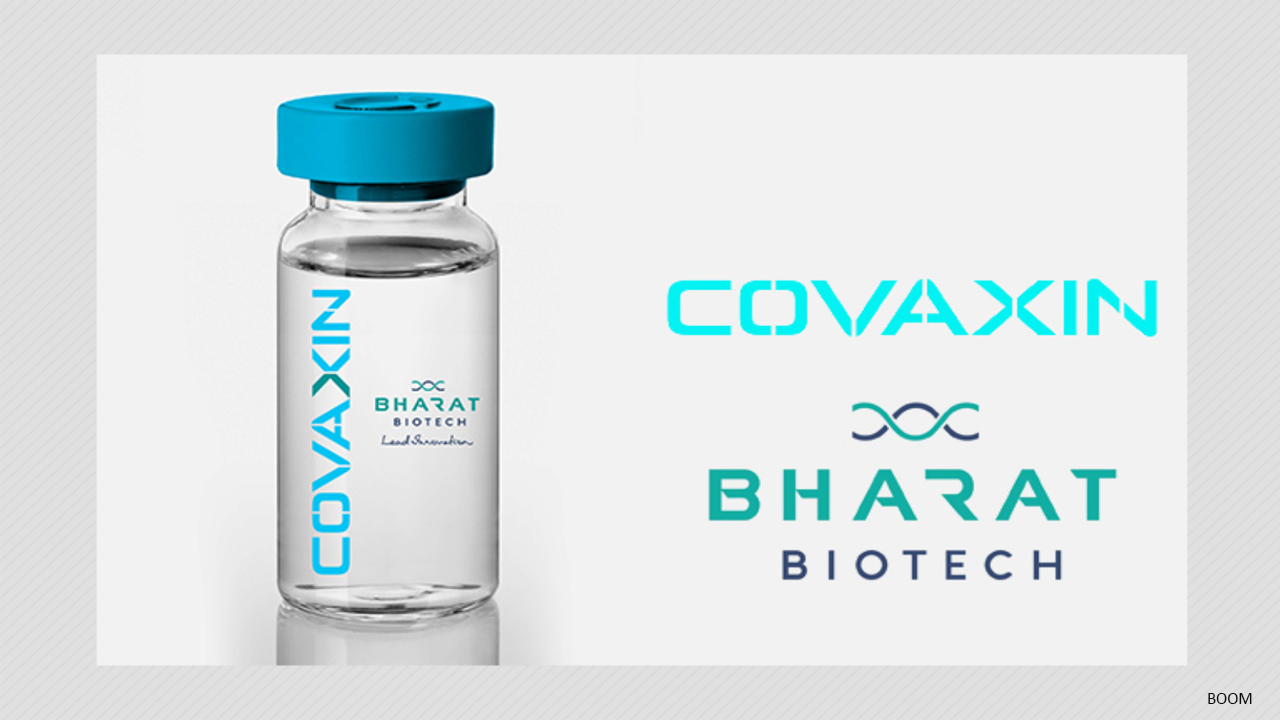
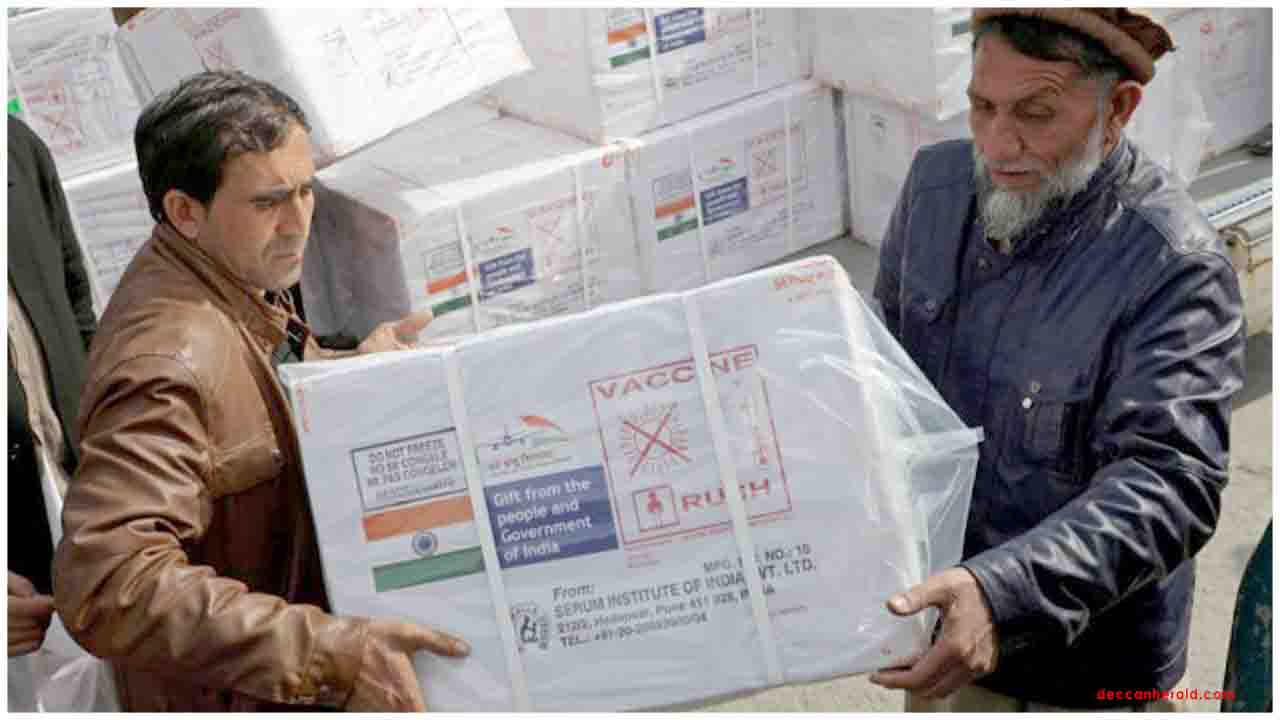
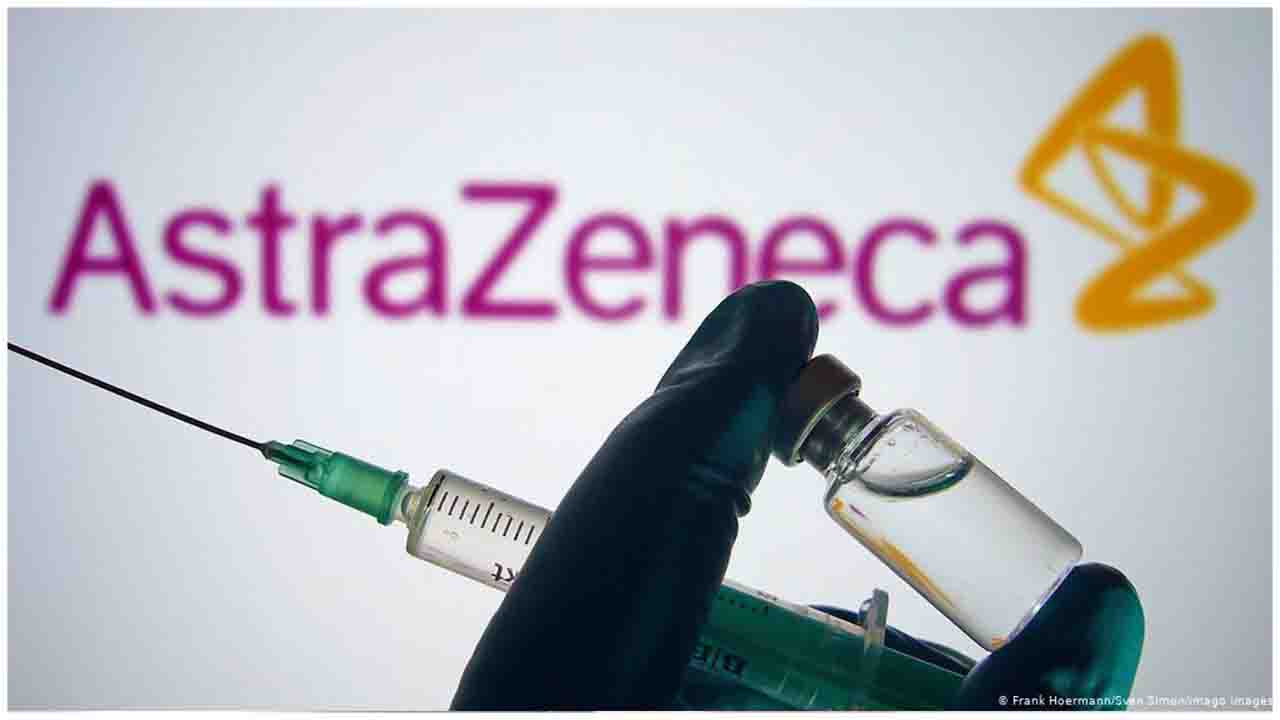

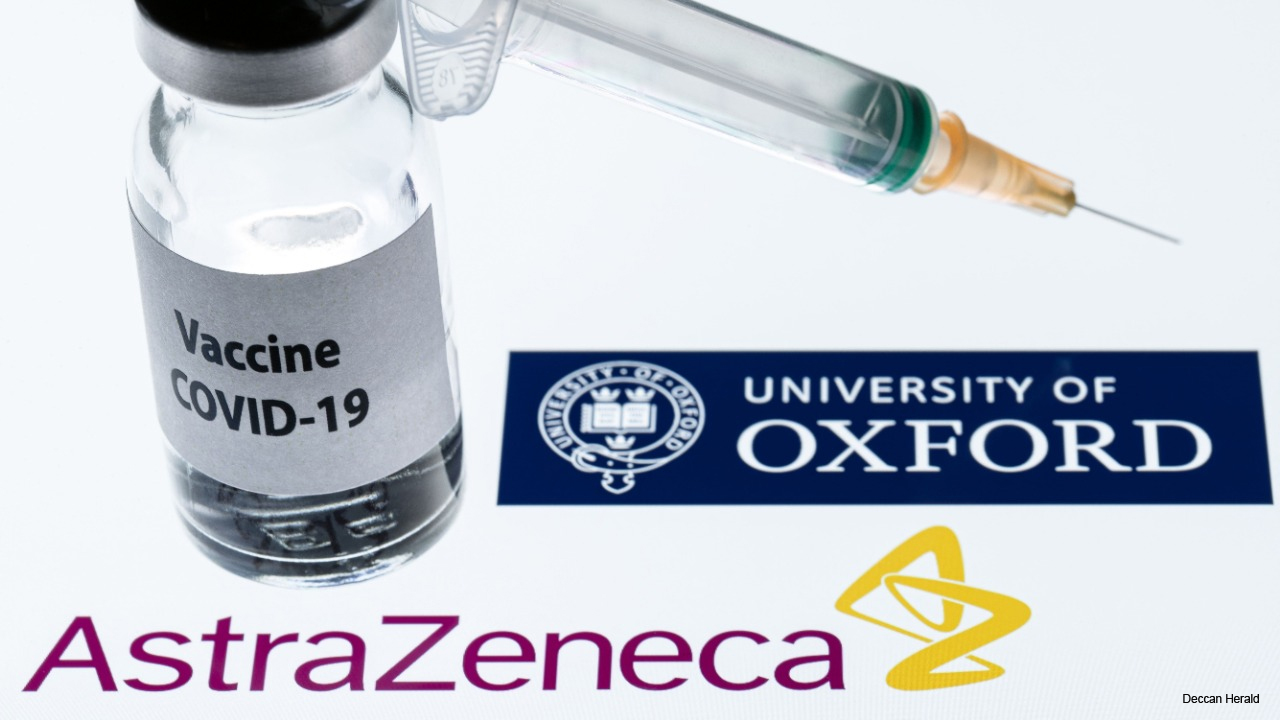
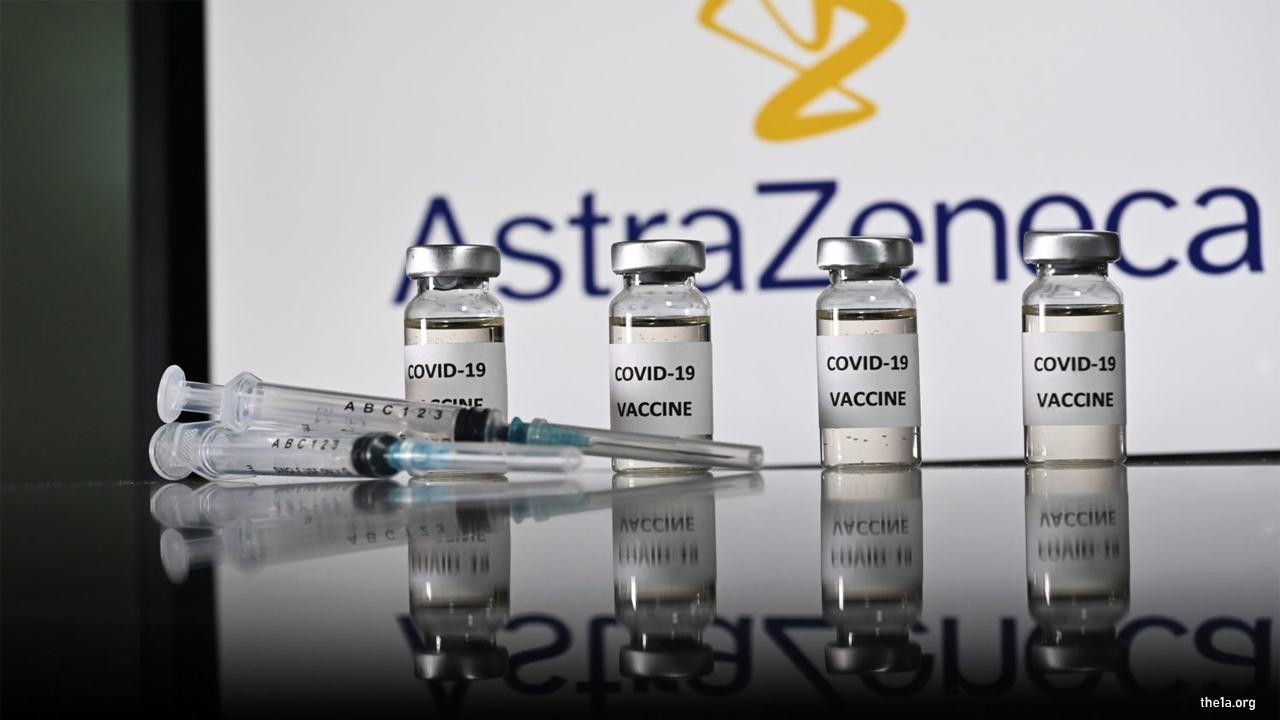







.jpeg)

.jpeg)










.jpg)




.jpg)

